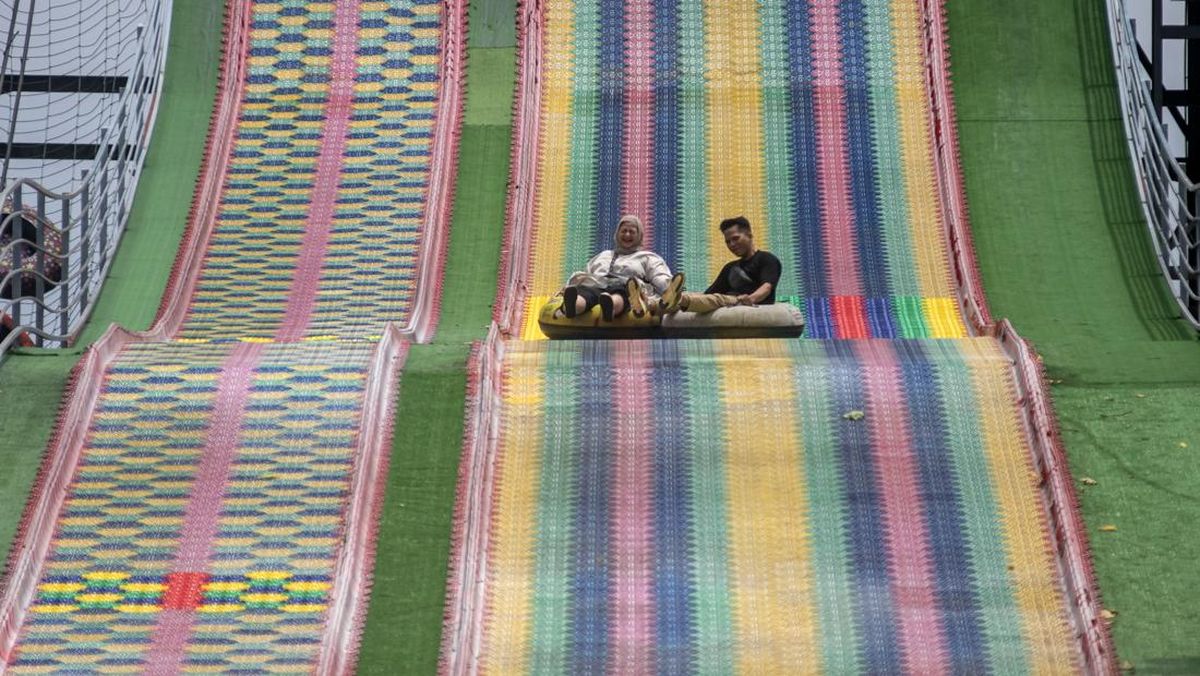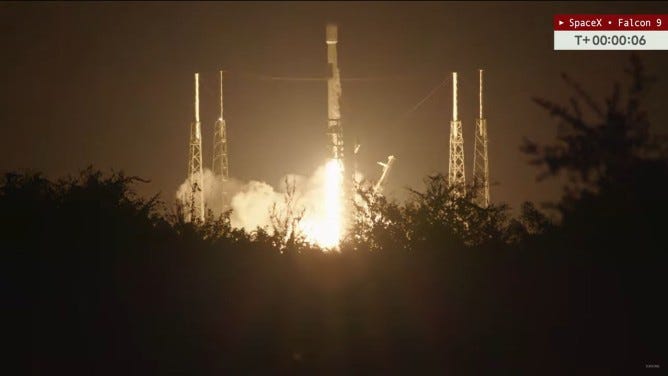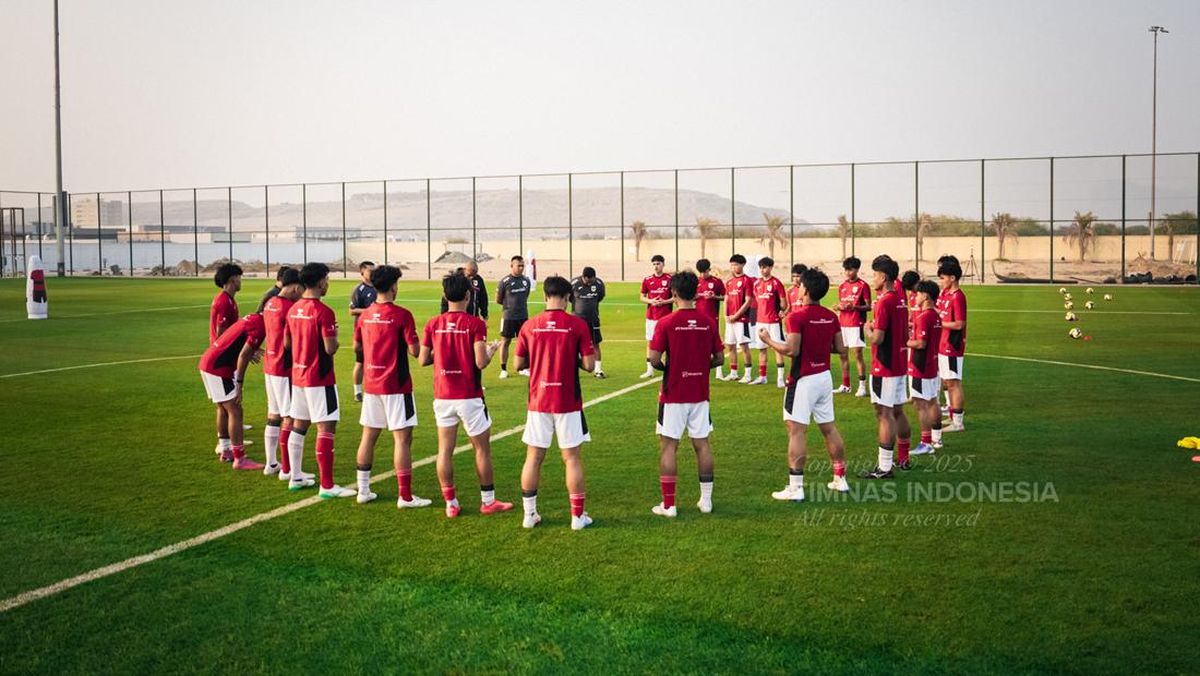Immigration rights advocates says the new policy aims to ‘bully some of the most vulnerable’ people in US society.
The administration of United States President Donald Trump has confirmed that it will retroactively vet refugees who have already been admitted into the country, prompting concern from immigrant rights groups.
“Corrective action is now being taken to ensure those who are present in the United States deserve to be here,” Department of Homeland Security spokesperson Tricia McLaughlin said in a statement on Tuesday.
Recommended Stories
list of 3 items- list 1 of 3Trump says ‘very good’ phone call with Xi builds on fragile trade truce
- list 2 of 3Trump orders blacklisting Muslim Brotherhood branches as ‘terrorist’ groups
- list 3 of 3Top US military adviser tours Caribbean as pressure on Venezuela deepens
The Associated Press and Reuters news agencies had reported on Monday that they obtained a government memorandum ordering a review of more than 230,000 refugees who were legally resettled in the country under former President Joe Biden.
The memo, signed by US Citizenship and Immigration Services (USCIS) Director Joseph Edlow, said that refugees who are found to have failed to meet the standards for resettlement would have their legal status revoked.
“Given these concerns, USCIS has determined that a comprehensive review and a re-interview of all refugees admitted from January 20, 2021, to February 20, 2025, is warranted,” the memo stated.
“When appropriate, USCIS will also review and re-interview refugees admitted outside this timeframe.”
In 2024, the US admitted more than 100,000 refugees. The leading countries of origin for refugees were the Democratic Republic of the Congo, Afghanistan, Venezuela and Syria.
Unlike asylum seekers who apply for protections once they arrive in the US, refugees apply for legal status while they are outside of the country.
They are allowed to enter the US with the presumption that they will be longterm residents, safe from persecution in their home countries.
Refugee admission also offers a path to US citizenship, with newcomers able to apply for a legal permanent residency one year after arrival in the country.
Applicants for refugee admission undergo multiple levels of screening and interviews. That process often starts with a third party – usually the United Nations – referring them to the US refugee admissions programme.
Then, US immigration authorities rigorously vet the applicants, who must show they faced persecution for their race, religion, nationality, political beliefs or membership in a particular social group.
Sharif Aly, the president of the International Refugee Assistance Project (IRAP), said refugees are the most highly vetted immigrants in the country.
“This order is one more in a long line of efforts to bully some of the most vulnerable members of our communities, by threatening their lawful status, rendering them vulnerable to the egregious conduct of immigration enforcement agencies, and putting them through an onerous and potentially re-traumatizing process,” Aly said in a statement.
Mark Hetfield, president of the humanitarian organisation HIAS, called the Trump administration’s move “unnecessary, cruel and wasteful”. His group assists new refugees in the US.
“Refugees have already been more vetted than any other group of immigrants,” Hetfield told Reuters.
Trump drastically reduced refugee admission during his first term and all but gutted the programme after his return to the White House in January.
The second Trump administration set a historic low of 7,500 as the refugee admission cap for next year.
The president also ordered the programme to “primarily” resettle white South Africans, whom he says are facing discrimination by their government.
Overall, Trump has pushed to restrict new arrivals to the US and crack down on noncitizens in the country.

 3 weeks ago
17
3 weeks ago
17













































